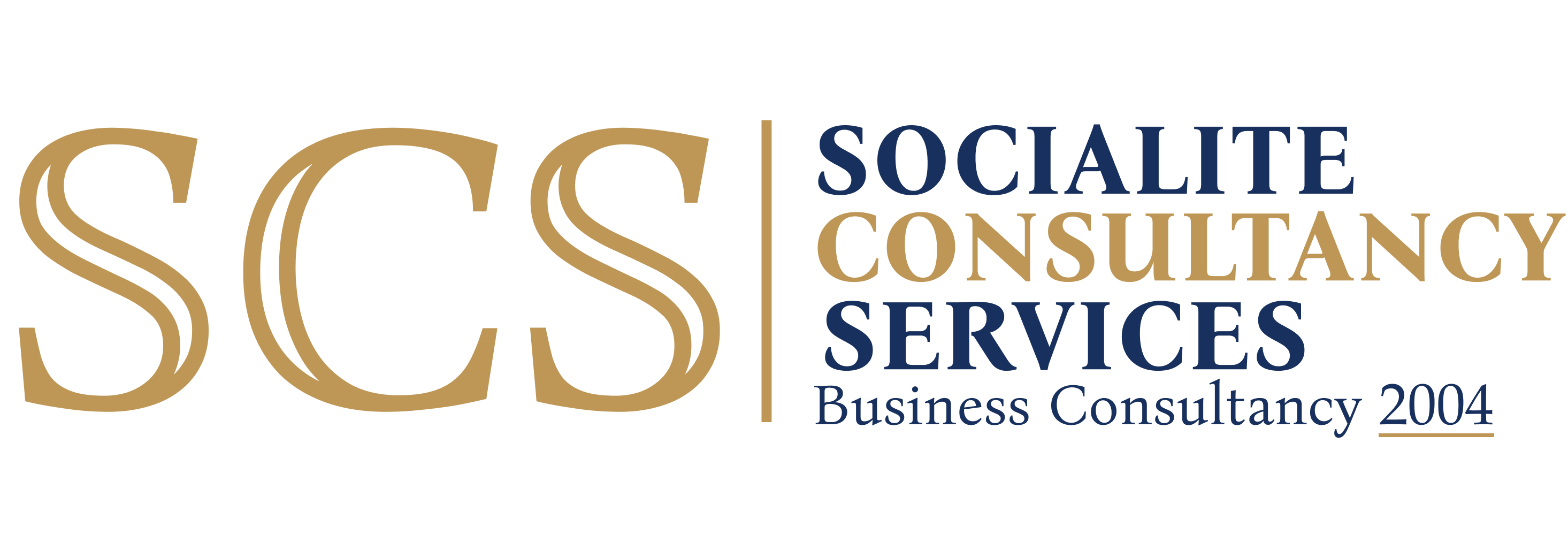If You Need Any Help Contact With Us
+971502649223Get A Free Quote

A Free Zone is a special economic zone in Dubai where businesses can operate with special benefits like tax exemptions, 100% foreign ownership, and simplified business regulations. Free zones are tailored to specific industries like technology, media, finance, or manufacturing, providing a favorable environment for companies to thrive.
Setting up a business in a Dubai Free Zone offers several advantages:
- 100% Foreign Ownership: You can fully own your business, unlike mainland companies which require a local partner.
- Tax Exemptions: Most free zones offer exemptions from corporate and income tax for a specified period, often 15-50 years.
- Simple Setup Process: The paperwork and procedures are streamlined, making it easier to start your business.
- Full Repatriation of Profits: You can transfer your profits and capital back to your home country without restrictions.
- No Import/Export Duties: Free zone companies benefit from exemptions on customs duties when trading internationally.
Choosing the right Free Zone depends on your business activity and the benefits you need. Consider the following factors:
- Business Activity: Different free zones cater to specific industries. For example, >Dubai Internet City is ideal for tech companies, while Dubai Media City is suited for media-related businesses.
- Location: Proximity to key markets, ports, or airports can be important depending on your logistics needs.
- Facilities and Services: Some free zones offer additional services like warehouses, shared offices, or flexi-desks.
- Costs: Fees for registration, licensing, and office space can vary between free zones.
Yes, you can >set up a Free Zone business in Dubai even if you are not a UAE resident. Free zones offer 100% foreign ownership and allow non-residents to register a business without requiring a UAE national partner. However, if you plan to reside in the UAE, you may need to apply for a residence visa, which is often provided through the free zone authority.
The process of setting up a business in a Free Zone typically involves the following steps:
- Select the Free Zone: Choose the free zone based on your business activity and requirements.
- Choose Your Business Structure: Decide if you want to set up a sole proprietorship, LLC, or branch of a foreign company.
- Reserve Your Trade Name: Choose and reserve a unique business name.
- Submit Application and Documents: Provide necessary documents like passports, business plan, and proof of address.
- Office Space: Depending on the free zone, you may need to rent office space, which can range from a flexi-desk to a dedicated office.
- Obtain Your License: Apply for your business license after all approvals are granted.
- Apply for Visas:If needed, apply for residence visas for yourself and employees.
Yes, a physical office is generally required for a Free Zone business. However, the type of office can vary depending on the free zone. Some free zones offer flexi-desks or shared offices, which are cost-effective solutions for startups. More established businesses can rent dedicated office spaces within the free zone.
Dubai Free Zones accommodate a wide range of industries, including:
- Trading: Import/export of goods.
- Professional Services: Consultancy, IT, design, marketing, legal services, etc.
- Manufacturing: Light manufacturing or assembly.
- Media: Advertising, publishing, PR, and other media-related services.
- Technology: Software, telecommunications, and IT companies.
- E-Commerce: Online trading and related services.
The cost of setting up a business in a Free Zone varies depending on several factors, such as the Free Zone you choose, the type of business, and the size of the office. On average, the cost can range from AED 12,000 to AED 35,000 or more. Costs include:
- Registration and licensing fees
- Office space rent (shared office, flexi-desk, or private office)
- Visa fees for yourself and employees
- Trade name reservation fees
- Additional costs may apply for certain services like banking, legal assistance, or extra facilities.
Yes, you can hire employees for your Free Zone business. The number of visas you can apply for depends on many factors such as your business size, office type, and the Free Zone’s regulations. Free Zones typically provide visa sponsorship for both business owners and employees, making the process easier for companies that need to hire staff.
Yes, Free Zone businesses can operate outside the UAE without restrictions. Many Free Zones are designed to facilitate international trade, and they offer advantages such as duty exemptions and simplified customs procedures. However, Free Zone companies are generally not allowed to do business within the UAE unless they partner with a mainland company.
Yes, you can open a corporate bank account for your Free Zone business in Dubai. Once your business is set up and your license is issued, you can approach various banks to open an account. Requirements may vary between banks to bank but you may need to produce following documents:
- Trade license
- Passport copies of shareholders and managers
- Proof of address
- Business plan (if required)
Setting up a Free Zone business is usually faster compared to mainland companies. On average, the process takes 5-10 business days if all documents are in order. Some Free Zones offer expedited services that can reduce the setup time further.
Yes, you can change the structure or activity of your business in a Free Zone, but this typically requires approval from the Free Zone authority. If you change your business activity, you may need to update your trade license and other legal documents. Some Free Zones have specific guidelines on this, so it’s best to check with the Free Zone authority.
Dubai Free Zones offer several tax advantages, including:
- No Corporate Tax: Many Free Zones provide tax exemptions for a period of 15 to 50 years.
- No Income Tax: No personal income tax on salaries or profits.
- No Import/Export Duties: Free Zone businesses benefit from exemptions on duties when trading internationally.
No, you do not need a local sponsor to set up a business in a Free Zone. One of the key advantages of setting up a Free Zone business in Dubai is that you can enjoy 100% foreign ownership, unlike mainland companies that require a local partner.
Exiting a Free Zone business is generally straightforward, but it involves following legal procedures. You will need to:
- Clear all dues: Settle any outstanding payments such as employee salaries or fees.
- Cancel your license: Inform the Free Zone authority of your intent to close the business and cancel the trade license.
- Close accounts: Close your corporate bank account and deregister with other authorities if applicable.

